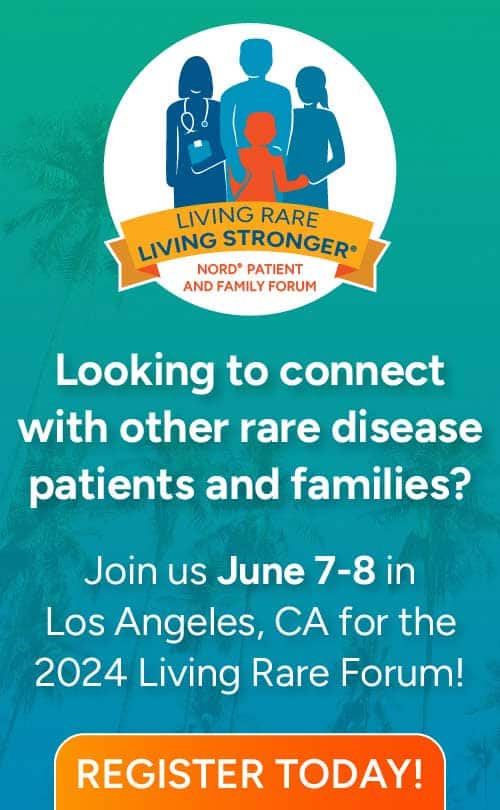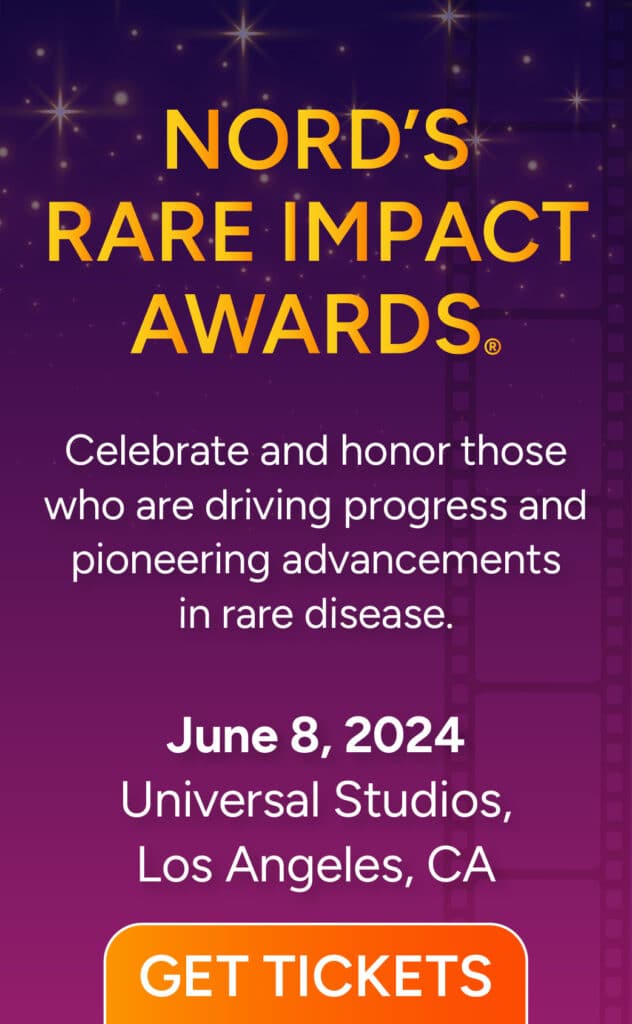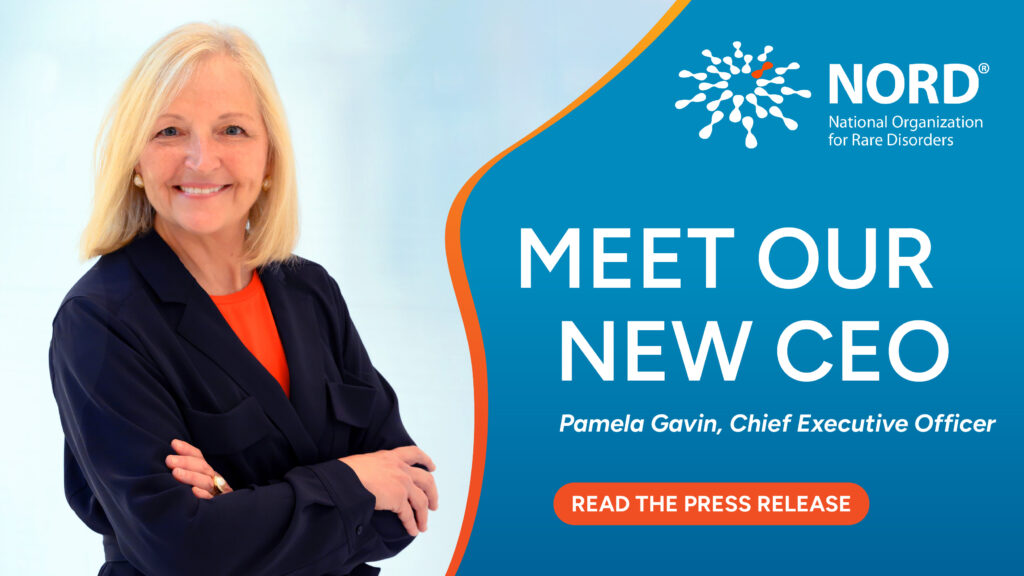By Karin Hoelzer
Rare disease patients and caregivers often ask me whether they should really engage in health policy. Is it really worth the trouble?
In short, the answer is a resounding yes!
Engaging in health policy can be confusing, feel overwhelming, and at times appear quite tedious. But rare disease patients and caregivers are in a unique position to educate lawmakers, and to raise awareness about what it is like to live with a rare disease.
Your perspective makes a difference on Capitol Hill as well as in state capitals across our nation. Patient and caregiver engagement can, for instance, help ensure critical research programs are sufficiently funded, new health policies account for key patient priorities, and lawmakers do not make decisions impacting your ability to access lifesaving therapies hastily and in a vacuum.
The next questions I am inevitably asked are how patients can get involved, and how much time, commitment, and experience will be needed.
The truth is everyone can get involved in policy.
Engagement can take a range of formats depending on the situation and comfort level — and no prior experience is needed.
In fact, it is vitally important that lawmakers hear from a broad and representative range of impacted patients and caregivers with diverse perspectives and experiences to make sure they have the full picture.
This is particularly true for lawmakers who are new to an issue.
The 118th United States Congress assembled in Washington this month with a substantial number of freshmen members and a long and ambitious policy agenda. It will be incumbent upon all of us in the rare disease community to ensure rare disease priorities remain on that list. We need to educate lawmakers — new and returning — about our cause and foster new champions for rare disease policy.
Here are 5 tangible ways you can get involved in rare disease advocacy:
- Share your story online with the rare disease community. By submitting your story online, you will be joining the many individuals and families who have already contributed their personal account of living with rare diseases. This helps decision-makers humanize an issue. It is important that lawmakers understand what it is really like for you to live with a rare disease, and how the decisions they make will impact you, your family, and our community.
- Contact your member of Congress on a key policy issue. Action alerts provide unique opportunities for our community to team up and mobilize around a common cause. Whether advocating for access to medical nutrition, out-of-state healthcare access, vital regulatory reforms, or any of the other issues that are critically important to so many in our community, with just a few clicks you can lend your voice to a common cause and make sure our community’s needs are heard. You can also meet with your elected officials in person or virtually. Your elected officials are here to serve you, whether on Capitol Hill or in your home state. Meeting with your elected officials provides a unique opportunity to tell your story, educate, and share your unique perspectives directly with lawmakers.
- Join a group such as NORD’s Rare Action Network or Advocacy Taskforce to come together and advocate for federal and state policy issues. Alone we are rare. Together we are strong.
- Provide public comments at an advisory committee meeting, workshop, or other type of meeting. The Food and Drug Administration (FDA) and Centers for Medicare & Medicaid Services (CMS) have already planned several meetings for 2023 that impact our rare disease community. These meetings typically provide ample opportunities for patients and caregivers to provide public comments and input. Patient-focused drug development (PFDD) meetings and patient listening sessions provide other ways to engage with regulators and ensure your experiences and perspectives are heard.
- Engage with your state’s Rare Disease Advisory Council (RDAC). Most states have at this point established an RDAC to serve as an advisory body, help better represent the rare disease community and give rare disease patients a stronger voice in state government.
All of us have the power to make health policy better for rare disease patients — and with these five tactics, it doesn’t require a massive time commitment or a lot of specialized experience . NORD is your partner in rare disease advocacy — and we’re here to help you make your voice heard.
Karin Hoelzer is Director of Policy and Regulatory Affairs at the National Organization for Rare Disorders.




